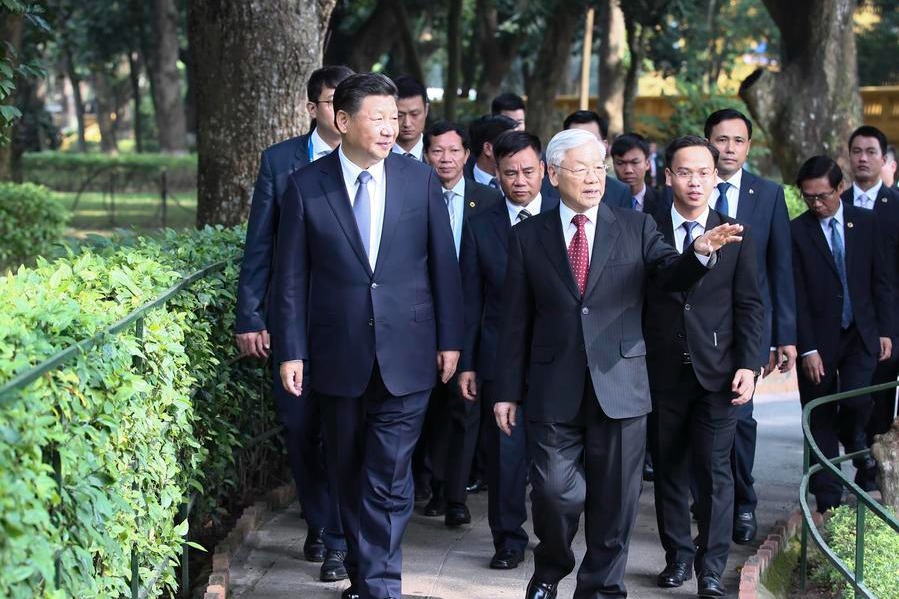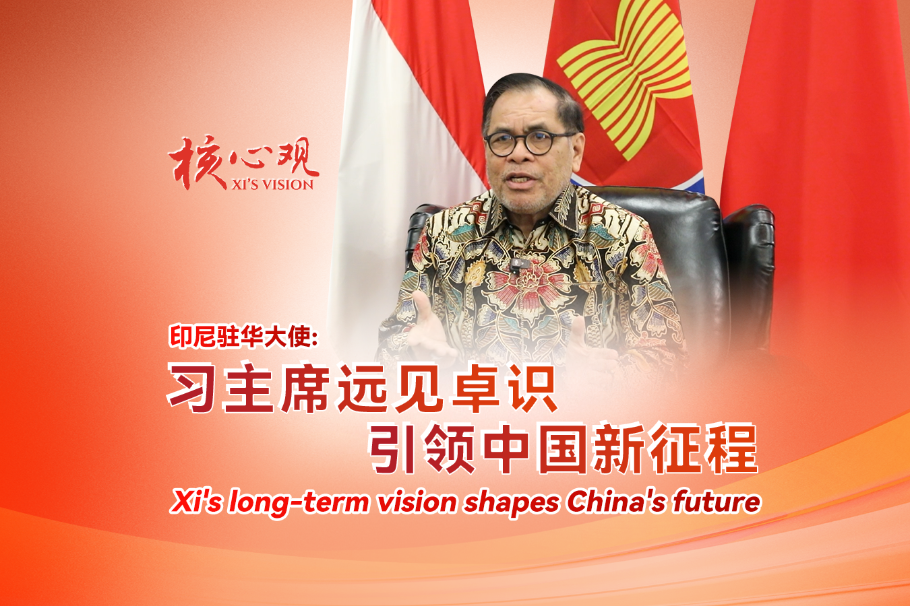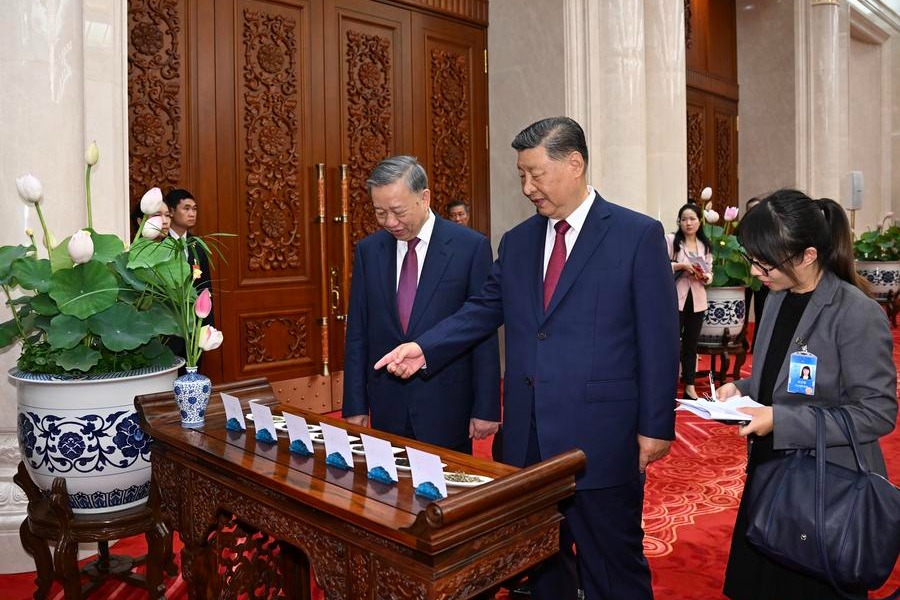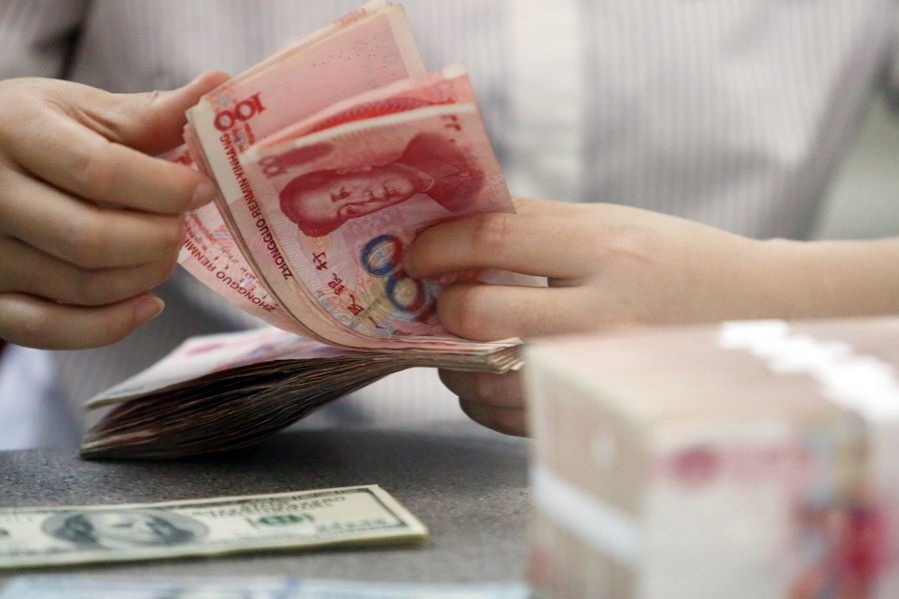Confucius Institute promotes Sino-Ethiopian ties


Joining BRICS is a new starting point for Ethiopia to strengthen its overall cooperation and exchange with other member countries of the grouping. Language and culture play an important role in exchanges between civilizations. By promoting language exchange programs, Ethiopia can create an environment conducive to meaningful dialogue and collaboration with other BRICS countries.
In addition, cultural exchange initiatives will provide a unique opportunity for people-to-people interactions that foster mutual understanding, appreciation and respect between countries with diverse cultural heritages.
The Confucius Institute at Addis Ababa University, co-sponsored by Tianjin University of Technology and Education and Addis Ababa University, together with the Amharic language program at Beijing Foreign Studies University, has played an active role in promoting language and cultural exchanges between Ethiopia and China over the past decade.
Following the Bachelor of Arts program in the Chinese language — a historic breakthrough in terms of introducing a degree program in Ethiopia in 2012 — the Master of Arts program in teaching Chinese to speakers of other languages was launched in Addis Ababa University in 2022 with the aim of equipping Ethiopians with the necessary skills and knowledge to teach the Chinese language in institutes, schools and universities. In addition to regular degree programs, different Chinese language training programs are also offered to Ethiopian individuals, such as officials of the Ethiopian Ministry of Foreign Affairs, the African Union, the Ethiopian Immigration Service, and Civil Service, as well as Ethiopian employees in Chinese companies and local Chinese language teachers in some secondary schools.
This underscores the recognition of and the demand for Chinese language education in Ethiopia. It also reflects the continued efforts of Ethiopia and China to promote Chinese language learning at the higher education level, and a trend to impart Chinese language education to younger students.
Sino-Ethiopian economic relations have deepened in recent years, with Chinese investment and infrastructure projects shaping Ethiopia's development landscape. The Confucius Institute, by providing quality language courses, has enabled Ethiopian students, professionals and the general public to gain valuable knowledge and skills, and created new opportunities for the Ethiopian people to build a better future. By cultivating a business-friendly ecosystem, the institute contributes to Ethiopia's economic diversification, and promotes mutually beneficial trade relations.
Apart from language instruction, the Confucius Institute also serves as a hub promoting cultural exchanges between Ethiopia and China. It organizes cultural events, including traditional Chinese medicine classes. These activities serve to not only deepen mutual understanding but also promote people-to-people ties.
In the area of educational cooperation, the Confucius Institute facilities academic exchanges through Ethiopian and Chinese universities. With the help of scholarships and joint research projects, it promotes knowledge exchange and cooperation in various fields, including humanities, science, technology, agriculture and medicines. Such partnerships contribute to Ethiopia's capacity-building efforts and facilitate the transfer of valuable expertise, ultimately promoting the country's sustainable development.
Chinese President Xi Jinping proposed the Global Civilization Initiative earlier this year, saying that in an increasingly interconnected world, cultural exchanges and educational cooperation play an important role in shaping global relations. The Confucius Institute at Addis Ababa University is a shining example of such an initiative. As Ethiopia continues to forge its path in the global order, the Confucius Institute has become an important pillar building bridges between cultures, broadening horizons, and enriching the country's path to a brighter future.
Language facilitates effective communication and strengthens relations between countries. And language learning exchange programs act as a catalyst strengthening relations between countries (in this case Ethiopia and China) and promoting exchanges between civilizations with long histories and significant contributions to human civilization.
The author is editor-in-chief at the Policy Studies Institute and a faculty member at Addis Ababa University.
The views don't necessarily reflect those of China Daily.
If you have a specific expertise, or would like to share your thought about our stories, then send us your writings at opinion@chinadaily.com.cn, and comment@chinadaily.com.cn.
































